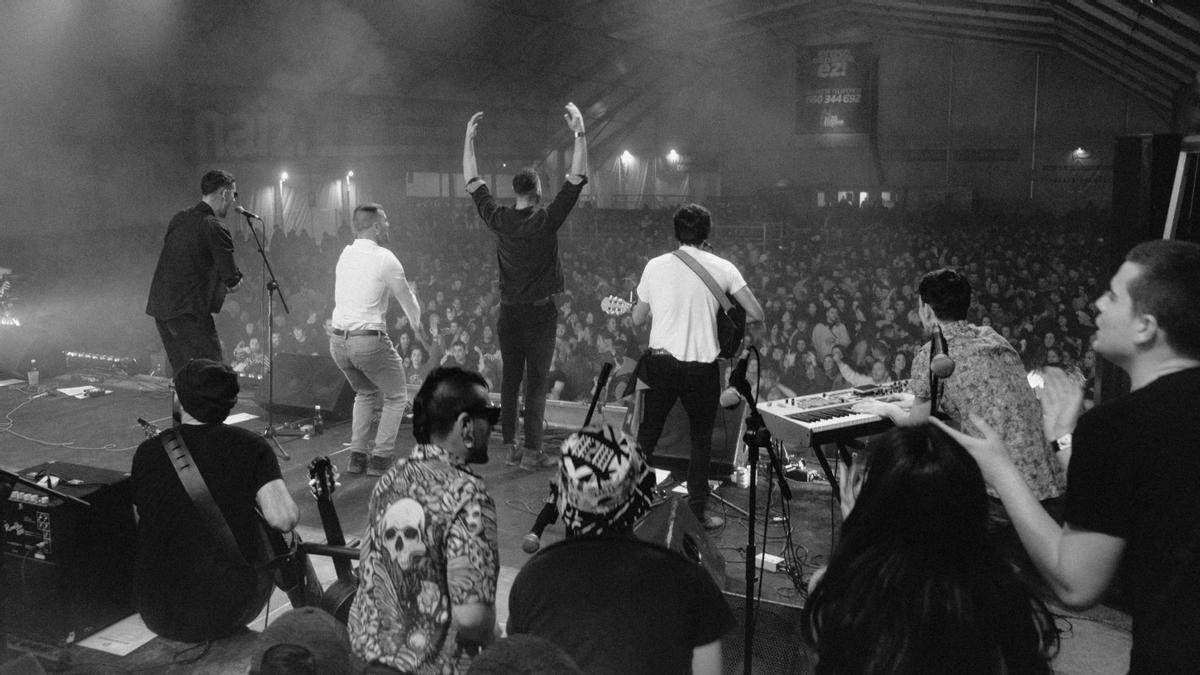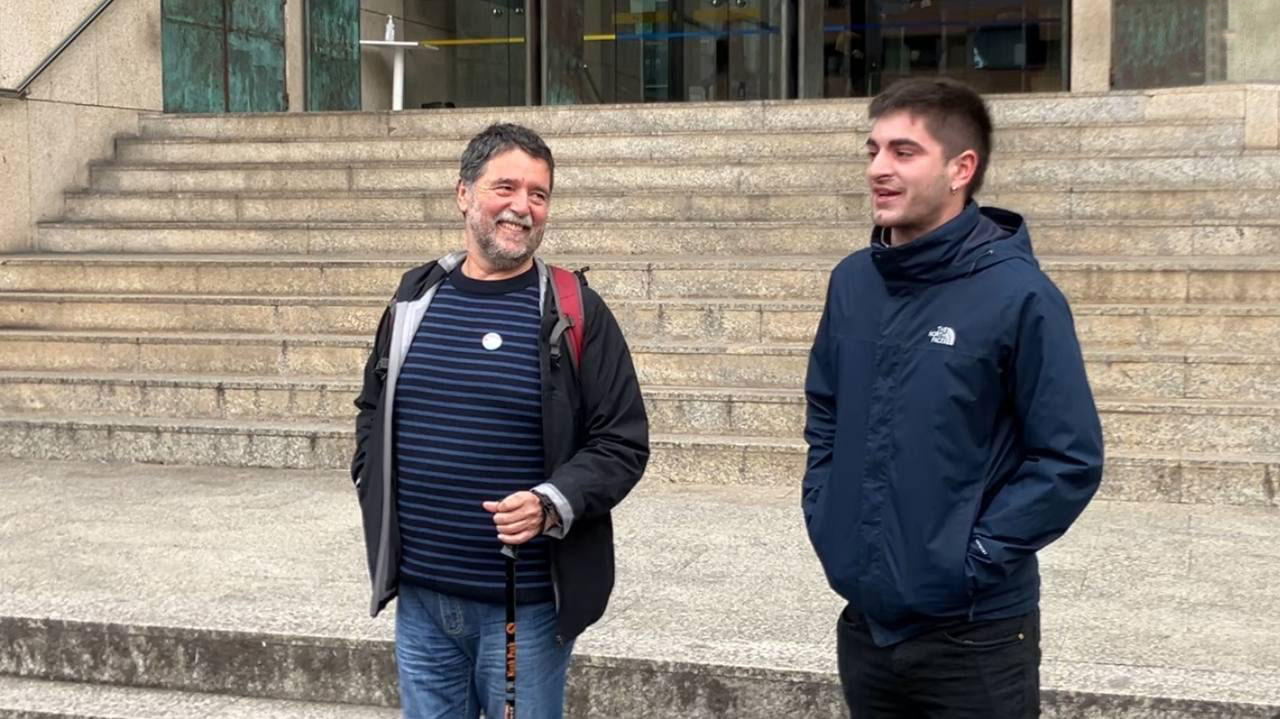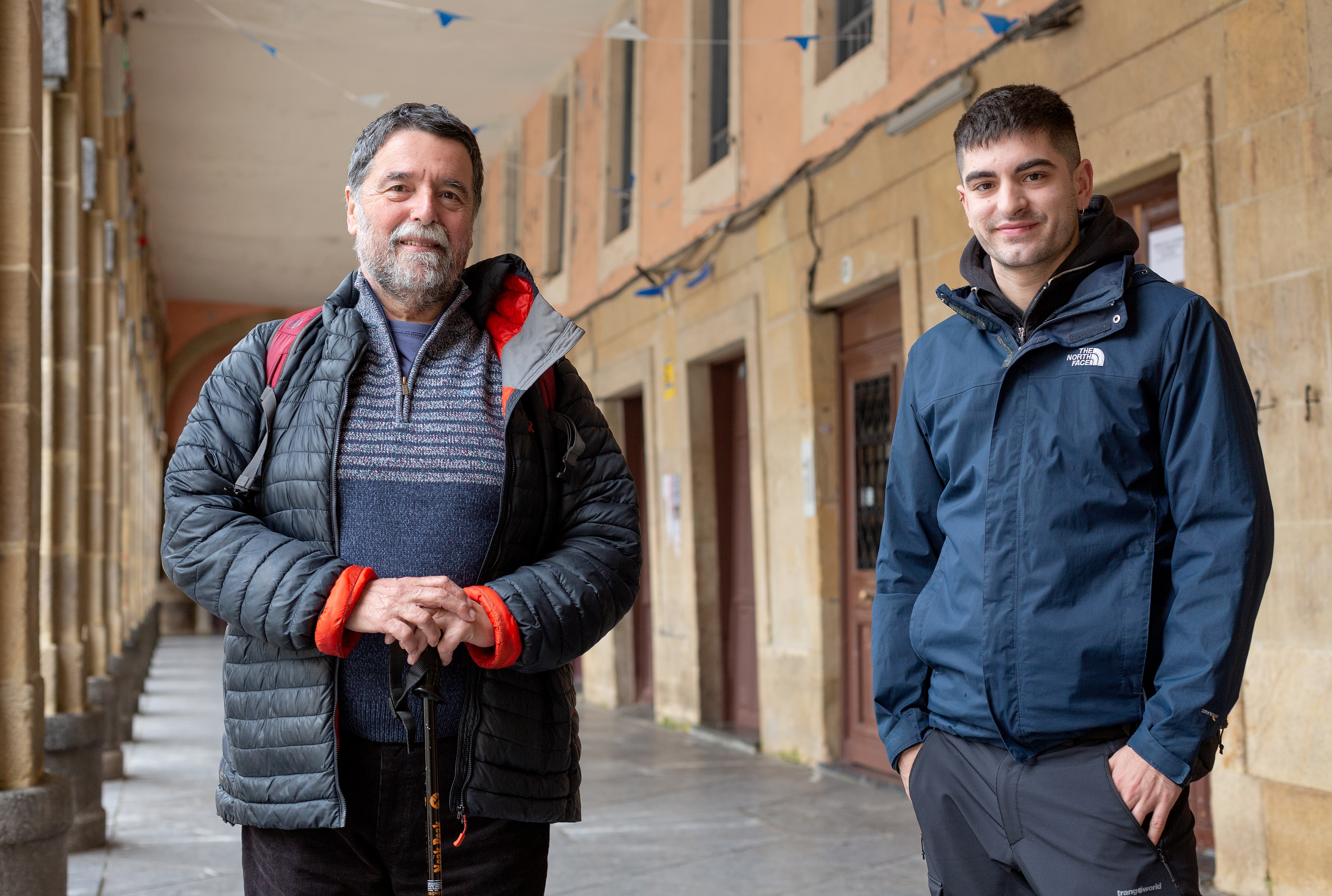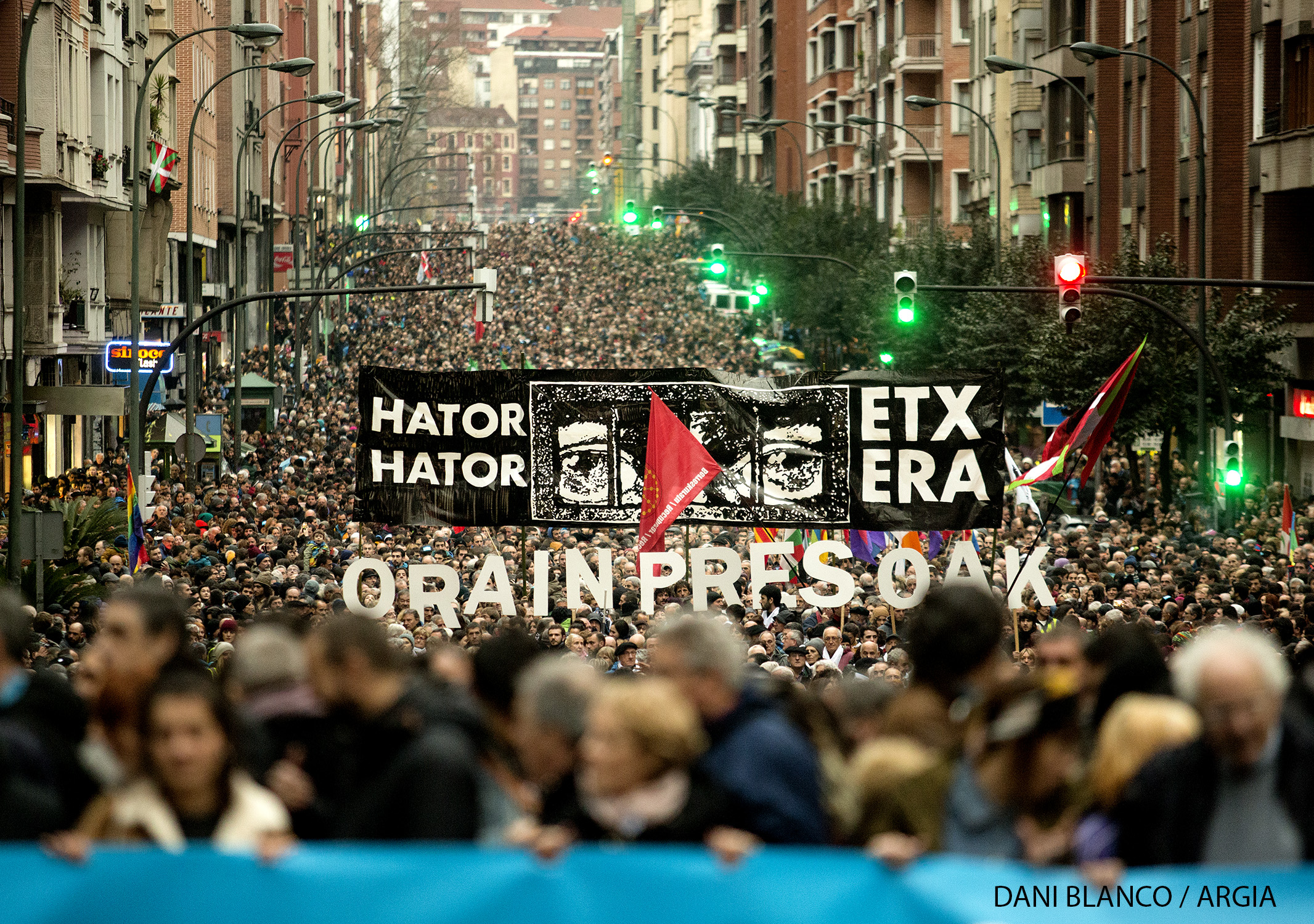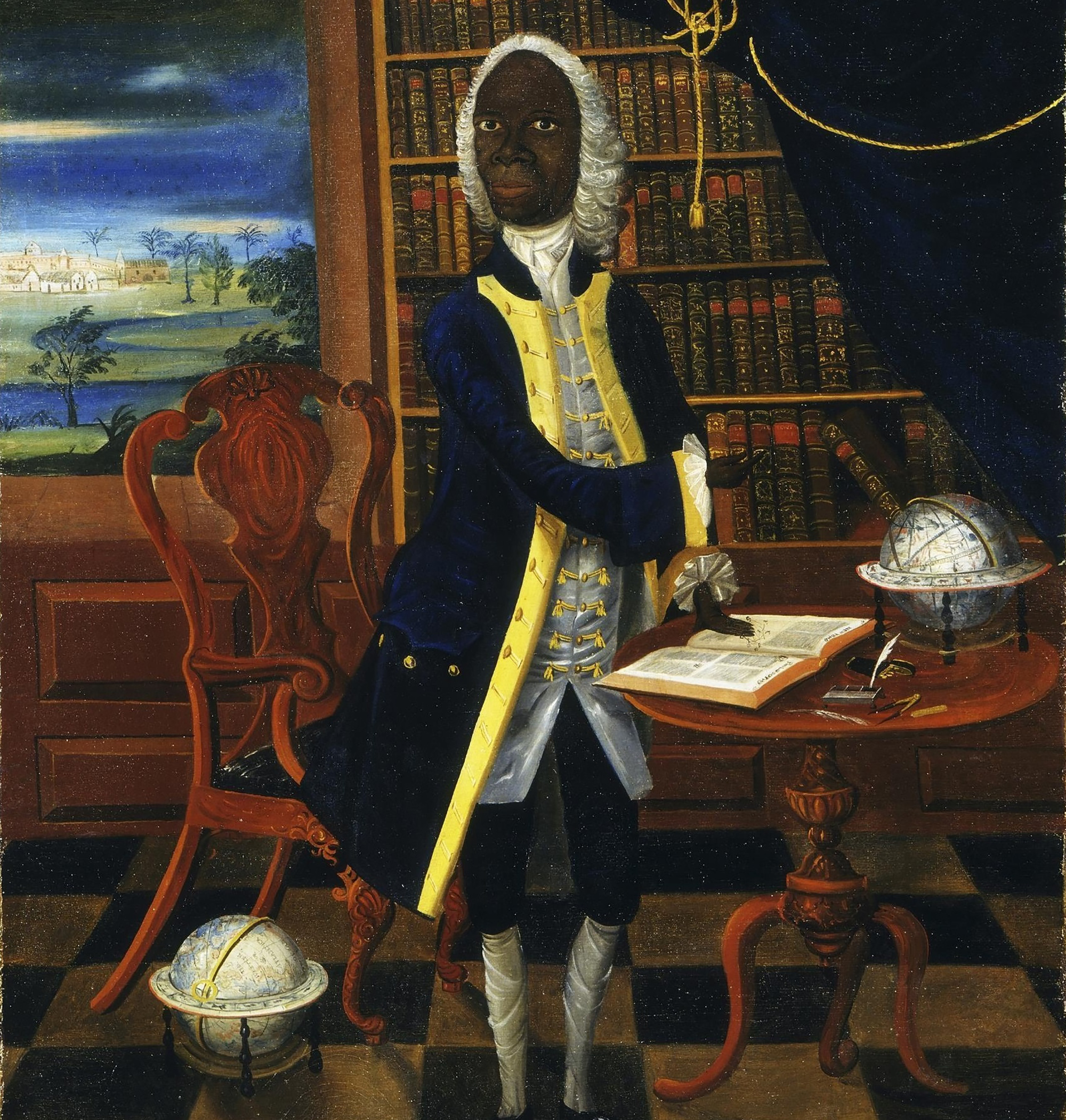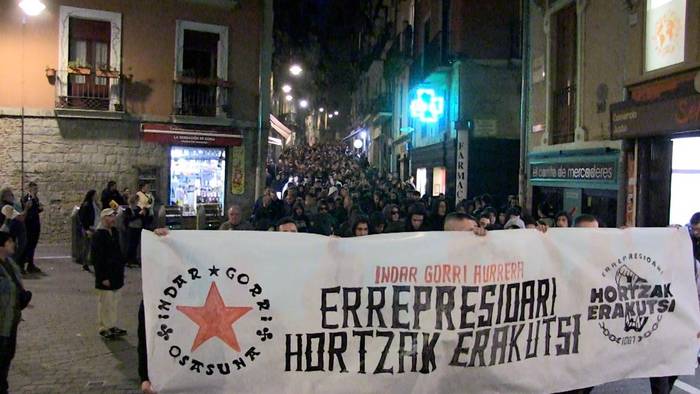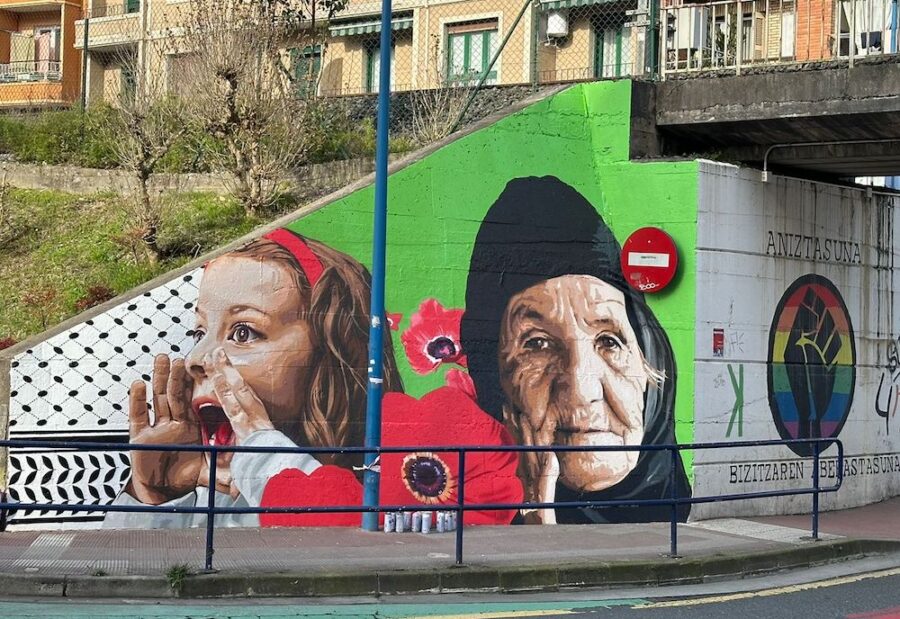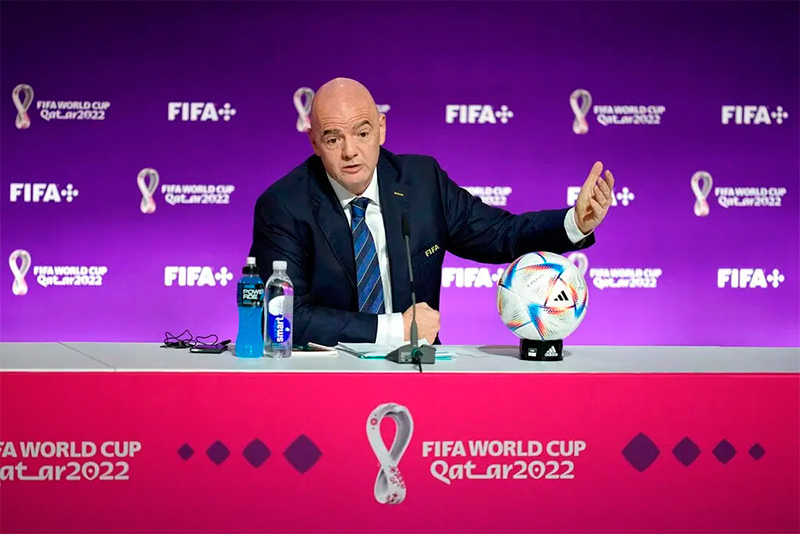"Unconditional Basic Income must be processed on the left"
- Last week the People’s Initiative for Unconditional Basic Income (RGI) was presented to the Bureau of the Basque Parliament. It has been presented as an instrument for ending poverty and advancing the rights of all people.

The People ' s Legislative Initiative aims at ending poverty, distributing employment, putting life at the centre, achieving more autonomy to decide, living more sustainably and redistributing wealth. Maitane Arnoso Martínez is a PhD in political and administrative sciences and a professor at the Faculty of Psychology at the University of the Basque Country, as well as being part of the initiative.
What is the People's Unconditional Basic Income Initiative?
We want to put the force on the economic access that is going to be aimed at all. With this initiative, we seek to ensure that people do not fall below the poverty line. Above all, it would be a measure against poverty and a new right that we invented or created to live with more autonomy. This income would be 900 euros per month for adults, 270 euros for people under 14 years of age and 450 euros for people between 14 and 18 years of age who are not emancipated.
What problems or deficiencies did you see in creating this initiative?
We have been in different activities for a long time, but above all we have seen that the economic aid that has existed so far, such as the GDR, is not enough. They don't get people in poverty out of poverty. We have data, many people are unable to access this aid. On the other hand, 30 per cent of those receiving it remain in poverty. These models are not valid, they are other times and we have to take other measures.
This measure, like education and health, should be included in the category of human rights. Measures should be taken for people in poverty. That is what we want to strengthen. Among other things, at this time of the pandemic, because it has become very clear that people who have thought they would always be in good economic condition can stay on the streets at any time. It is a bad reliance on the State, everyone has to manage on their own to preserve their economic situation, but with the pandemic it has become very clear that this is not possible. That is why it is time for this measure to bring it to society as a whole.
Look at everything that is happening with the hospitality industry. All these people, workers, businessmen or self-employed, are ultimately the last ones in the capitalist chain. At the moment, workers have begun to call for companies to be opened up. In a situation where health conditions are not met. A few years ago we saw factories closed and strikes were organised when health conditions were not met and now the workers, instead of claiming it, are asking to go back to work. This is because there is no economic security. Because people know that they have no choice and that they're going to go through very badly in the next few years. You need to click on society and think that we can claim derechos.Creemos which is what you need to focus on. Studies and analyses have been carried out to propose unconditional basic income. If there is money to carry it out, what happens or where is that money left? And why do equals always win in crisis? It's time to empower society and not win the ones you always have. In times of crisis some win and others lose. Our time has come.

Has the initiative been thought about before the COVID-19 pandemic?
Yes, the data on poverty are quite significant and we have known that for a long time. We have seen the pandemic as an opportunity, as the situation was quite serious before. There are some data that are not many, but we think that, at least in the Basque Autonomous Community, we live in a territory without poverty, but that is not the case. In Álava, Bizkaia and Gipuzkoa only half of the population is protected by the employment system, but almost the other half do not have their vital options so protected.
On the other hand, from a feminist point of view, we are adding the demand to put life at the centre and now in the pandemic it has become very clear, to save the economy or to save life. To save life, economic income is necessary. To achieve this, you need a community of people who care for each other.
"We believe it is a good opportunity to take advantage of the situation and enter into the debate on human rights"
Do you see it possible to get Parliament's yes?
I'm optimistic about the project. In principle, we are rather pessimistic, it is not a revolutionary measure, but I believe that it is going to cost the political parties to see the benefits. This proposal has benefits for the conservative parties. In the end, capitalism needs people to have money to consume it, and then, when work or employment doesn't bring that income, consumption also goes down. So capitalism knows that it's easier to give a measure, so it's easier to give jobs for everyone. So, as a measure to increase consumption, it would be positive. Of course, that's not the model we want, we want to redirect another way of life, put life at the center, decide what we use our time for, what work and under what conditions we do it. That is why we believe that Unconditional Basic Income is a measure to be channelled by the Left Margin dugu.Hori, but we know that we are a minority. We think they won't accept it, but it's time to put the issue on the media agenda. Through this initiative, we want the issue to be discussed at social level. Taking advantage of the situation and entering the human rights debate is a good opportunity.
The report sets out the reasons for the popular legislative initiative for basic income. The Basque Government allocates EUR 810 million to the Basque economy over and above the migrants' money. What would you say to people who use the so-called discourse effect?
On the one hand, it is a racist discourse and, on the other, it is not true. The Income Guarantee Income (RGI) we have in the Autonomous Community of the Basque Country is of higher social protection than that of other communities in the Spanish State, but that has not meant that effect called.
We have not made it a requirement to collect income that the situation is in the legal administration. The people who have come from abroad are our neighbours and we must protect all our neighbours. Among others, the worst people in poverty data are foreign, women and young people.
Once the initiative has been adopted at Parliament's Bureau, signatures are essential for parliamentary debate.
The Basque Parliament has a period of 30 days to approve it and we believe that it will approve it, at least that initial procedure. I guess we'll know that in three weeks' time, and then we'll start collecting signatures. The collection will be four months, 10,000 signatures will have to be obtained and we hope that these discussions will take place in this process. The assemblies are open in the three territories and we hope that a movement will be created.
This year marks the 51st anniversary of the United Nations proclamation of International Human Rights Day on 10 December. This date has become important in Euskal Herria and the Human Rights Observatory of Euskal Herria wants to offer some elements of reflection.
Progress on... [+]
Our rights, our future, now! Under the motto, the International Day of Human Rights commemorates the legacy of 76 years. The aim of the day is to promote the construction of a more peaceful, egalitarian and sustainable world. However, while progress is being made, we are faced... [+]
London 1928. At the Victoria and Albert Museum there was a very special painting: in the painting there is a black man, with wig and Levite, surrounded by books and scientific instruments. Thus it was catalogued in the Museum: “Unique satirical portrait representing a failed... [+]
Steilas considers out of place the effort of the Rectorate of the UPV/EHU to prevent the participation of a person through a communication at the congress on Sovereignty(s) held recently in our university. We do not understand the attempt to obstruct the academic activity of a... [+]








